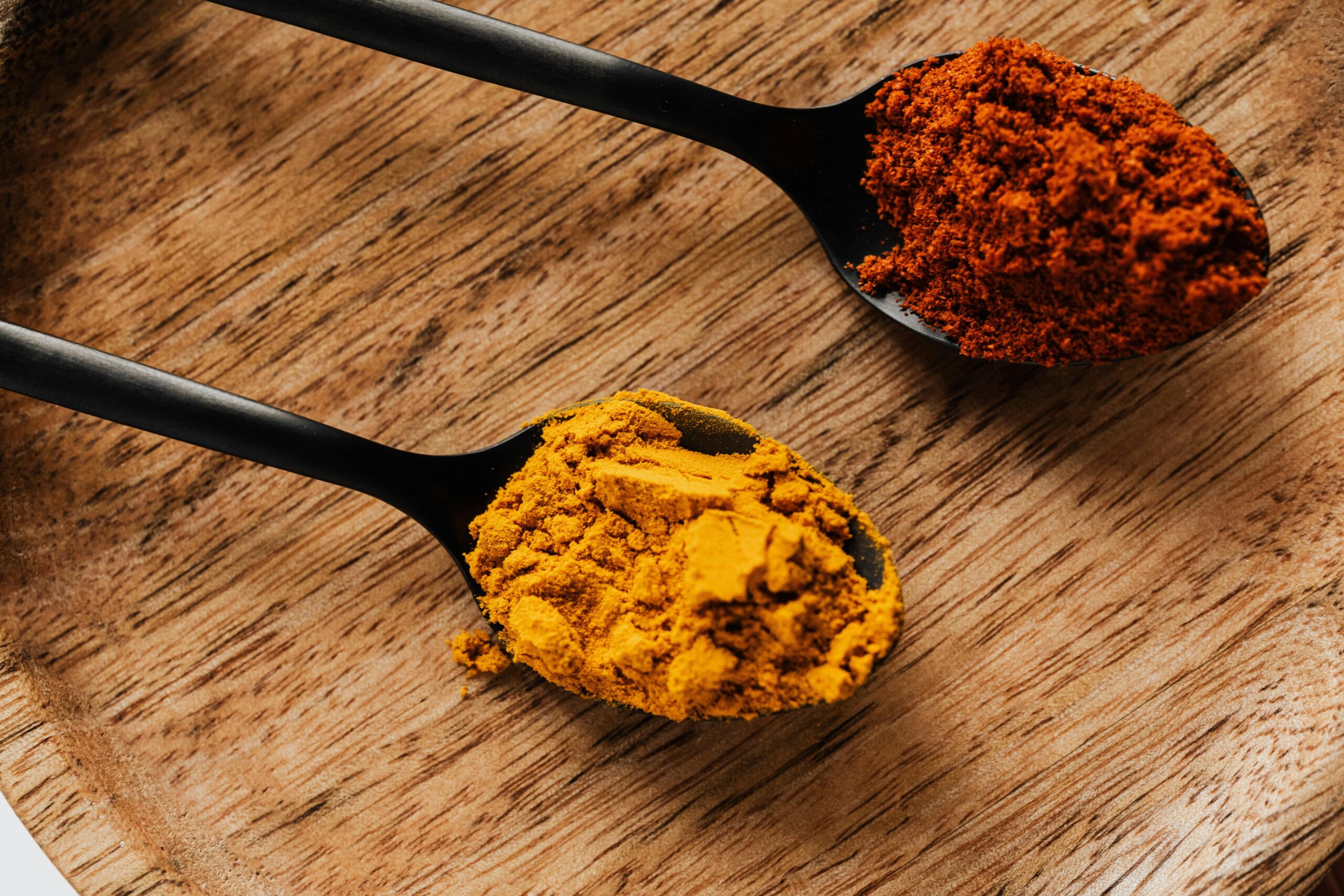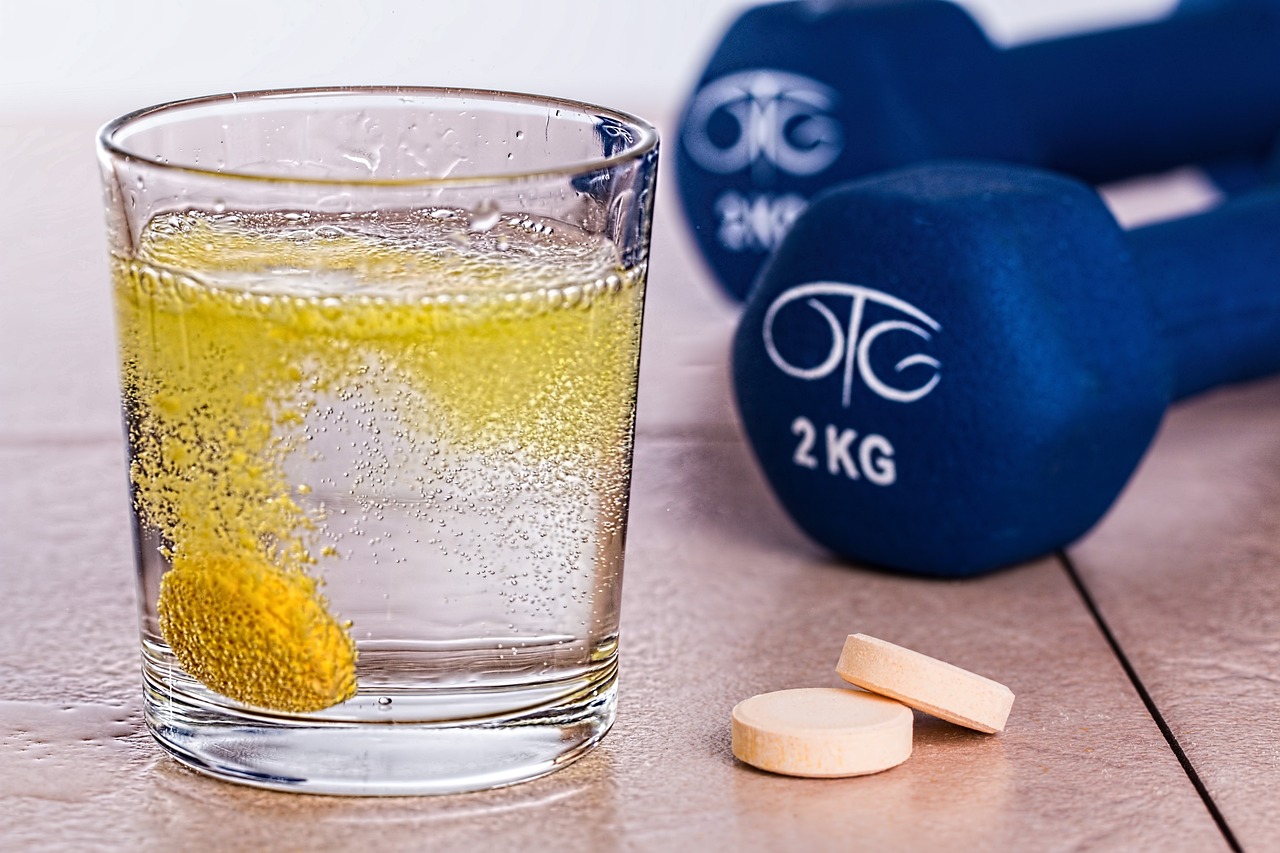In an era where health is paramount, understanding how to strengthen your immune system is crucial. Our immune health plays a vital role in protecting us from illnesses and infections. With countless supplements available, it can be overwhelming to determine which ones are truly effective. This guide provides a comprehensive look at the best supplements for boosting immune health, combining scientific research with personal experiences to ensure you make informed choices.
Understanding Immune Health
What is Immune Health? Immune health refers to the body’s ability to fend off infections and diseases. It encompasses various systems, including the innate immune response (the body’s first line of defense) and the adaptive immune response (which learns to recognize specific pathogens).
Key Components of Immune Health:
- White Blood Cells: These are crucial for identifying and neutralizing pathogens. They include lymphocytes (T-cells and B-cells) and phagocytes.
- Lymphatic System: This network transports immune cells throughout the body and plays a vital role in filtering harmful substances.
- Bone Marrow: Responsible for producing new blood cells, including the white blood cells essential for immune function.
Factors Influencing Immune Health:
- Nutrition: A well-balanced diet rich in essential vitamins and minerals is fundamental for supporting immune function. Nutrients such as vitamins A, C, D, E, and minerals like zinc and selenium play pivotal roles. Harvard Health provides a detailed overview of how nutrition impacts immune health.
- Lifestyle Choices: Regular physical activity, sufficient sleep, and effective stress management are crucial for maintaining a healthy immune system. Studies have shown that individuals who engage in moderate exercise have better immune responses. Check out the CDC for recommendations on physical activity.
- Age: As we age, our immune response tends to weaken, making it vital to focus on immune health through diet and supplementation. This article from NIH discusses how aging affects immunity.
- Environmental Factors: Exposure to pollutants, smoking, and excessive alcohol consumption can compromise immune function.
- Chronic Stress: High stress levels lead to the release of cortisol, which can suppress immune function. American Psychological Association provides insights into the effects of stress on health.
Top 7 Supplements for Immune Health
Here’s an in-depth look at the most effective supplements, including their benefits, recommended dosages, and personal anecdotes.
1. Vitamin C
Vitamin C is renowned for its antioxidant properties, helping to neutralize free radicals and reduce oxidative stress. It boosts white blood cell production and function, enhancing the body’s ability to fight infections. Research has shown that vitamin C can reduce the duration and severity of colds. For detailed studies, see this review on vitamin C and immune function.
Dosage: The recommended daily intake is about 90 mg for men and 75 mg for women. However, many experts suggest that during cold and flu season, a dose of 500-1000 mg daily may provide added benefits. I personally find that taking vitamin C at the first sign of a cold helps me feel better faster.
Sources: You can find vitamin C in high concentrations in citrus fruits (oranges, lemons, grapefruits), strawberries, bell peppers, kiwi, and broccoli. I like to blend a smoothie with spinach, banana, and orange juice for a delicious and nutrient-rich start to my day.
2. Vitamin D
Vitamin D plays a crucial role in modulating the immune system. It enhances the pathogen-fighting effects of monocytes and macrophages—white blood cells that are vital for immune defense. Studies indicate that individuals with low vitamin D levels are more susceptible to respiratory infections. Read more about the role of vitamin D in immunity here.
Dosage: A daily dose of 1000-2000 IU is generally recommended, especially in winter months when sunlight exposure is limited. Personally, I’ve noticed a significant improvement in my energy levels and overall health since I started taking vitamin D supplements.
Sources: While sunlight is the best source, vitamin D can also be found in fatty fish (salmon, mackerel), fortified dairy products, and egg yolks. Consider spending at least 15-20 minutes in the sun daily for natural vitamin D synthesis.
3. Zinc
Zinc is essential for the development and function of immune cells. It plays a role in inflammatory response and has been shown to reduce the duration of colds. Studies suggest that zinc may help maintain the integrity of epithelial cells, which serve as a barrier to pathogens. This study discusses zinc’s impact on immune health.
Dosage: A typical daily intake ranges from 15-30 mg. I find that using zinc lozenges at the first sign of a sore throat can significantly decrease the severity of my symptoms.
Sources: Foods high in zinc include red meat, shellfish, legumes (chickpeas, lentils), seeds (pumpkin, sunflower), and nuts. Adding a handful of nuts to your snack can help boost your zinc intake throughout the day.
4. Elderberry
Elderberry is well-known for its antiviral properties, particularly in combating influenza and common colds. The berries contain high levels of antioxidants and have been shown to reduce the severity and duration of respiratory infections. For more details, see this review on elderberry.
Dosage: For preventive measures, a daily dose of 500-1000 mg is recommended. I incorporate elderberry syrup into my morning routine, especially during flu season, and I swear by its benefits!
Sources: Elderberry is available in various forms, including syrups, gummies, capsules, and teas. Look for high-quality elderberry products to ensure you’re getting the most benefits.

5. Probiotics
Probiotics support gut health, which is crucial for immune function. A healthy gut microbiome can enhance the body’s immune response and reduce the risk of infections. Research shows that probiotics can help modulate the immune system and decrease the incidence of respiratory infections. For further reading, see this study on probiotics and immunity.
Dosage: Look for probiotics containing 10-20 billion CFUs. Personally, I find that taking probiotics regularly helps me maintain a healthy digestive system, which in turn supports my overall immune health.
Sources: Probiotics can be found in yogurt, kefir, sauerkraut, kimchi, and various probiotic supplements. I love adding a serving of yogurt with live cultures to my breakfast for a tasty and gut-friendly start.
6. Turmeric
Curcumin, the active ingredient in turmeric, is known for its powerful anti-inflammatory and antioxidant properties. It can enhance immune response and help fight infections. Some studies suggest that curcumin may improve immune cell function and reduce the risk of chronic diseases. Learn more about turmeric’s benefits here.
Dosage: A daily intake of 500-1000 mg of curcumin extract is advisable. I often add turmeric to my smoothies or soups for an extra health boost, and I love how it adds flavor as well.
Sources: Turmeric powder can be easily incorporated into various dishes. Additionally, you can find it in supplements, which can be a convenient option.

7. Garlic
Garlic has been celebrated for its medicinal properties for centuries. It boosts immune function and has antimicrobial properties that can help fight infections. Some research indicates that garlic can enhance the function of immune cells and reduce the risk of colds and flu. For more information, see this review on garlic and immune health.
Dosage: Aim for 600-1200 mg of garlic extract daily. I love adding fresh garlic to my meals, as it not only adds flavor but also provides numerous health benefits.
Sources: Fresh garlic cloves, garlic powder, or supplements can all provide health benefits. Incorporate fresh garlic into your cooking to enjoy its immune-boosting properties.
Tips for Choosing Quality Supplements
When selecting supplements, keep these tips in mind:
- Research the Brand: Look for reputable brands that provide transparency regarding their sourcing and manufacturing processes. Third-party testing can also assure quality. Resources like ConsumerLab provide independent testing results for various supplements.
- Check for Certifications: Certifications from organizations like NSF International or USP indicate that the product meets certain quality and safety standards.
- Read Labels Carefully: Look for clear labeling on ingredients and dosages. Avoid products with unnecessary fillers or additives.
- Consult a Healthcare Provider: Before starting any new supplement regimen, consult with a healthcare professional, especially if you have existing health conditions or are taking other medications. Mayo Clinic offers guidelines on how to discuss supplements with your doctor.
- Monitor Your Body’s Response: After starting a new supplement regimen, pay attention to how your body responds. If you notice any adverse effects, discontinue use and consult a healthcare provider.
Additional Tips for Immune Health
While supplements can provide a boost, they should complement a healthy lifestyle. Here are some additional strategies for maintaining immune health:
Eat a Balanced Diet: Incorporate a variety of fruits, vegetables, whole grains, lean proteins, and healthy fats. Foods rich in antioxidants, such as berries and leafy greens, can help support your immune system. Aim to fill your plate with colorful foods to ensure a broad spectrum of nutrients. The CDC has excellent resources on nutrition.
Stay Hydrated: Proper hydration is essential for overall health. Aim for at least 8 cups of water a day, more if you’re active. Dehydration can affect your body’s ability to function optimally, including immune responses.
Regular Exercise: Engaging in regular physical activity can help reduce inflammation and promote immune function. Aim for at least 150 minutes of moderate aerobic activity each week. Activities like walking, jogging, cycling, or swimming can be beneficial. The WHO provides guidelines for physical activity.
Prioritize Sleep: Lack of sleep can weaken the immune response. Aim for 7-9 hours of quality sleep each night. Consider establishing a bedtime routine that promotes relaxation and improves sleep quality.
Manage Stress: Chronic stress can negatively impact immune health. Incorporate stress-reduction techniques such as yoga, meditation, deep breathing exercises, or mindfulness practices into your routine. Regularly taking time for self-care can greatly improve your overall well-being. American Psychological Association offers insights into managing stress effectively.
Avoid Smoking and Excessive Alcohol: Both smoking and excessive alcohol consumption can suppress immune function. If you smoke, consider seeking resources to help you quit, and limit alcohol intake to moderate levels.
Common Myths About Immune Health
It’s essential to debunk common myths surrounding immune health to ensure that you are making informed decisions. Here are a few prevalent misconceptions:
- Myth: Taking vitamin C prevents colds.
- Fact: While vitamin C can shorten the duration of colds, it does not prevent them. Regular intake is key.
- Myth: You can “boost” your immune system.
- Fact: The immune system doesn’t need boosting per se; it needs to function optimally. A balanced lifestyle can support this.
- Myth: Supplements can replace a healthy diet.
- Fact: Supplements should complement a healthy diet, not replace it. Whole foods provide a range of nutrients that supplements cannot fully replicate.
- Myth: All probiotics are the same.
- Fact: Different strains of probiotics serve different functions. It’s important to choose the right strain for your health needs.
- Myth: You should take high doses of everything to be healthy.
- Fact: More is not always better. Excessive intake of certain supplements can lead to toxicity and adverse health effects.
[IMAGE HERE: infographic debunking myths about immune health]
Conclusion
Boosting your immune health doesn’t have to be complicated. By incorporating these supplements and following a healthy lifestyle, you can give your body the support it needs to fend off infections. Remember, a balanced diet, regular exercise, and adequate sleep are just as important as supplementation. Thank you for reading! If you found this information helpful, please consider sharing it with friends and family.



